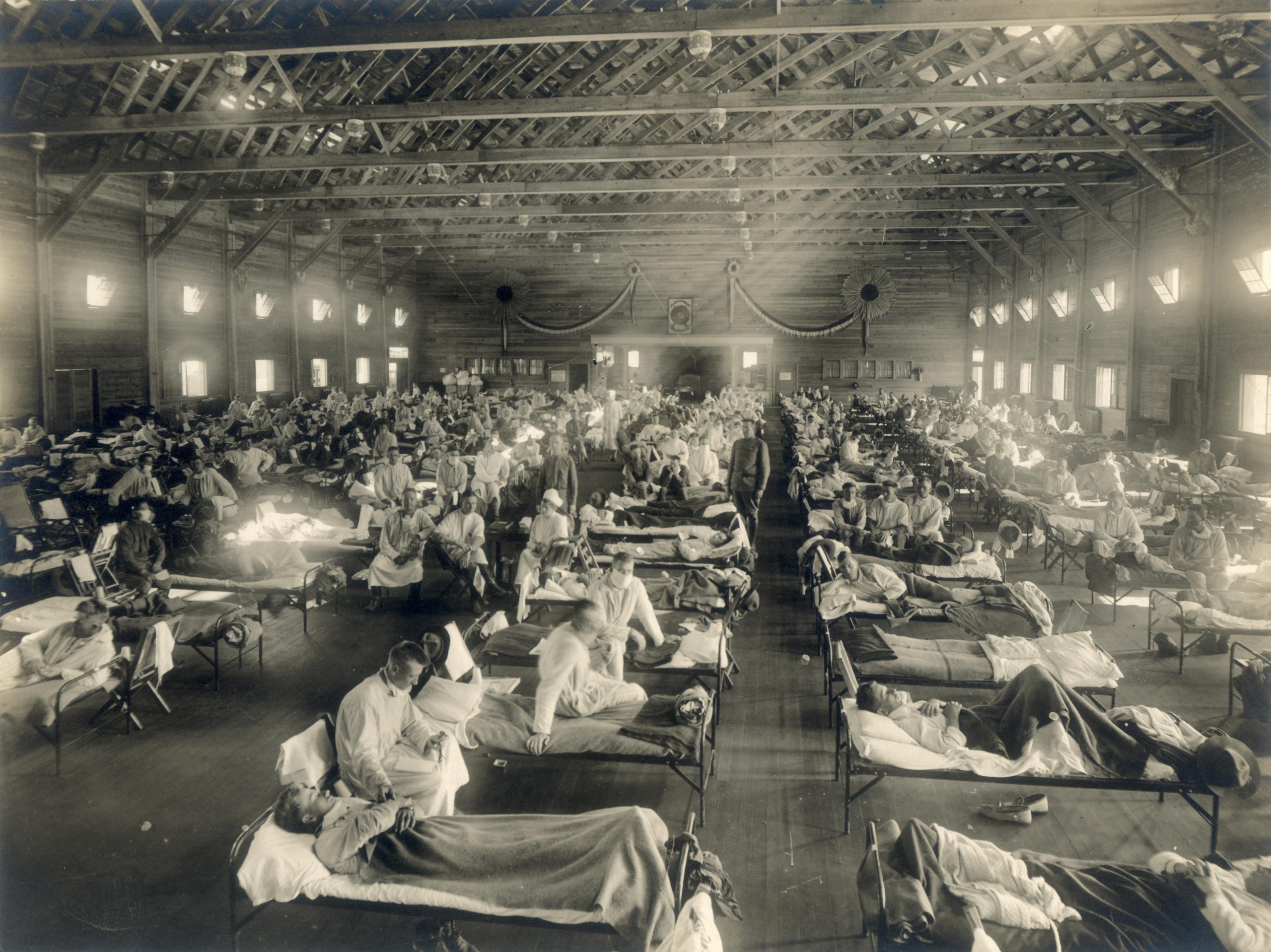Throughout history, the world has been a stage for a series of pandemics that have tested humanity’s resilience and adaptability. From the Black Death in the 14th century to the Spanish flu in the early 20th century, the world has weathered countless storms of contagion, only to rise from the ashes stronger and wiser than before. The recurring pattern of recovery and growth after each pandemic highlights the indomitable spirit of human beings and their capacity to bounce back, learn, and rebuild. This article examines how the world has triumphed over past pandemics, providing insights into our ability to overcome adversity and thrive in the face of uncertainty.
The Black Death: An Ancient Demon Tamed

In the mid-14th century, the Black Death swept across Europe, wiping out nearly a third of the continent’s population. The plague’s sheer brutality left societies in ruins, shattering economies and social structures. Yet, from the ashes of devastation emerged a renewed Europe. Labor shortages led to increased wages for workers, weakening the feudal system and empowering the common people. Advances in medical knowledge and public health practices began to take shape, laying the foundation for future disease control. The Black Death became a catalyst for societal transformation, reshaping the world in ways previously unimaginable.
Spanish Flu: A Global Test of Resilience

Fast-forward to the 20th century, the Spanish flu of 1918 rocked the world, infecting around one-third of the global population and causing millions of deaths. The pandemic coincided with the aftermath of World War I, compounding the challenges faced by nations. Yet, amidst the chaos, the pandemic spurred advancements in medical research and the establishment of global health organizations like the World Health Organization (WHO). The devastation catalyzed the development of modern public health infrastructure and pandemic preparedness plans, ensuring that the world was better equipped to respond to future health crises.
COVID-19: A Contemporary Chronicle of Adaptation

The outbreak of COVID-19 in late 2019 plunged the world into uncharted waters, testing the limits of modern healthcare, economies, and social systems. Despite the initial chaos, the pandemic has once again highlighted humanity’s remarkable ability to adapt and innovate. The rapid development of vaccines in record time demonstrated the prowess of science and international collaboration. Remote work and digital connectivity saw an unprecedented surge, transforming how businesses operate and people interact. This crisis underscored the importance of global cooperation, sparking renewed efforts to address climate change and other global challenges.
Bouncing Back: Common Threads of Resilience
While each pandemic has its unique circumstances, there are common threads that bind these episodes of adversity and recovery together:
1. Innovation Born of Necessity: Pandemics have often acted as catalysts for innovation. From the development of antibiotics after World War II to the mRNA vaccine technology used in COVID-19 vaccines, humanity has consistently found ways to turn crisis into opportunity, pushing the boundaries of science and technology.
2. Social Progress Through Struggle: The upheaval caused by pandemics has often led to social progress. Labor reforms, women’s rights movements, and increased awareness about public health have been outcomes of past pandemics, highlighting society’s capacity for positive change in the face of adversity.
3. Strengthened Global Collaboration: International cooperation is essential in managing and overcoming pandemics. From sharing research data to coordinating vaccination efforts, the world has consistently recognized the importance of working together to combat global health threats.
4. Focus on Preparedness: Each pandemic has driven home the importance of preparedness for future crises. The lessons learned from past outbreaks have fueled efforts to develop robust healthcare systems, improved disease surveillance, and rapid response strategies.
As history has shown, humanity possesses an extraordinary ability to emerge stronger after every pandemic. The world’s capacity to adapt, innovate, and collaborate in the face of adversity has allowed societies to rebuild, grow, and thrive. From the ashes of devastation, societies have risen with renewed vigor, armed with new knowledge and insights. While the scars of pandemics may linger, they serve as reminders of our resilience and capacity for transformation. As we navigate the challenges posed by COVID-19 and future health crises, the indomitable spirit of humanity will undoubtedly shine through once again, paving the way for a brighter and more resilient future.



